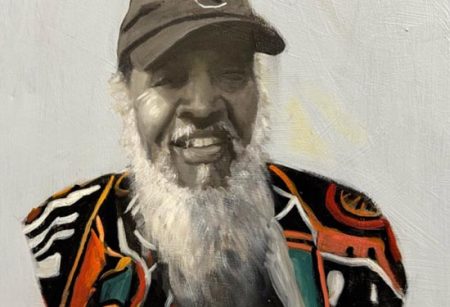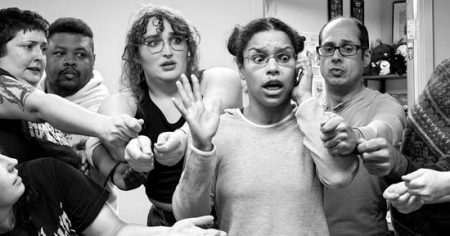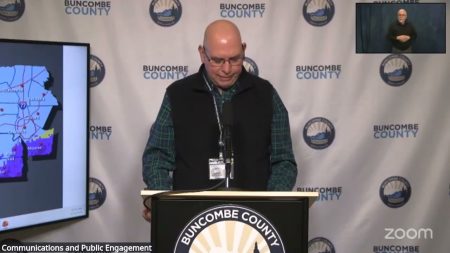Cotten Picking Style
In the early 1960s, Elizabeth Cotten performed with some of the big names in the world of folk music.
Elizabeth “Libba” Cotten (1893-1987) was an influential American folk and blues musician.
Cotten was left-handed, poor, and entirely self-taught. No teacher, no lessons, no fancy equipment. Just a $3.75 Stella guitar she ordered from a Sears catalog in 1904.
Because it was a right-handed guitar, and no one told her otherwise, Elizabeth simply flipped it upside down and taught herself to play. Her thumb danced on the melody while her fingers held the bass. It was backwards to the world, but it became her signature style.
At just 11-years-old she wrote “Freight Train,” a song that would one day echo across generations. But life pulled her away from music. She set the guitar aside for decades, working as a domestic servant in or near Chapel Hill, North Carolina, to support her family.
While working briefly in a department store, Cotten helped a child wandering through the aisles find her mother. The child was Peggy Seeger, and the mother was the composer Ruth Crawford Seeger. Soon after this, Cotten again began working as a maid, this time for Ruth Crawford Seeger and Charles Seeger, and caring for their children.
While working with the Seegers (a voraciously musical family that included Pete Seeger), she remembered her own guitar playing from 40 years prior and picked up the instrument again and began to play.
In the later half of the 1950s, Mike Seeger began making bedroom reel-to-reel recordings of Cotten’s songs in her house. These recordings later became the album Folksongs and Instrumentals with Guitar, which was released by Folkways Records. She did not begin performing publicly and recording until she was in her 60s.
Elizabeth Cotten – Freight Train (Rare Live Performance)
In the 1960s, Folkways Records began recording her songs. Her unique style—now known as “Cotten picking”—inspired artists like Joan Baez, Doc Watson, and even Jerry Garcia.
In the early 1960s, Cotten performed with some of the big names in the world of folk music, including Mississippi John Hurt, John Lee Hooker, and Muddy Waters. In 1967 Cotten released a record created with her grandchildren, which took its name from one of her songs, “Shake Sugaree.” The song featured 12-year-old Brenda Joyce Evans, Cotten’s great-grandchild.
In 1985, she won the Grammy Award for Best Ethnic or Traditional Recording, for the album Elizabeth Cotten Live.
Elizabeth Cotten didn’t come from fame. She didn’t have a recording contract at 20 or a hit single on the radio. But she had heart. She had rhythm. And a $3.75 guitar turned upside down.







